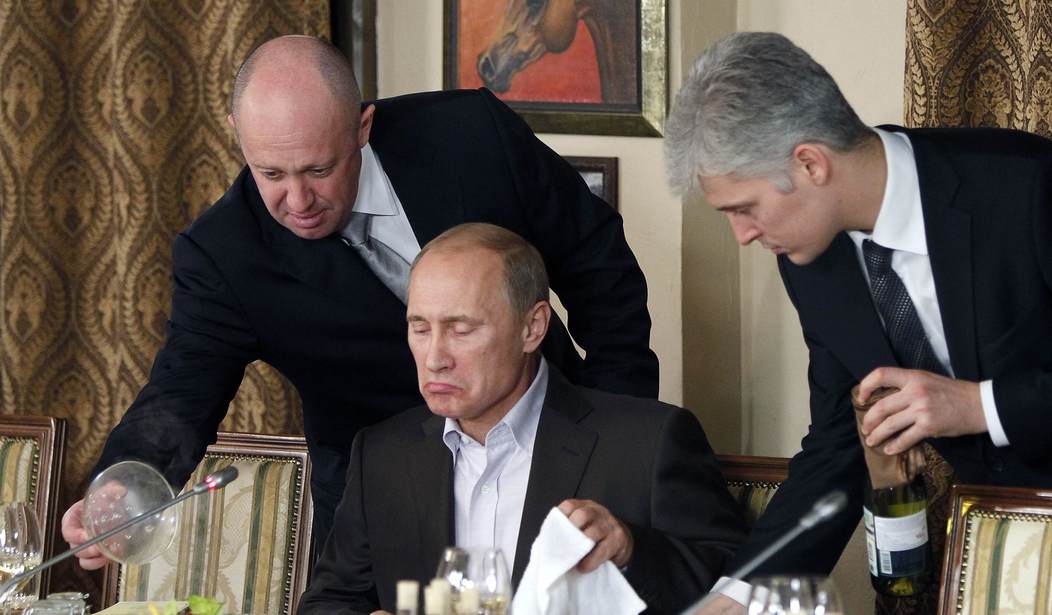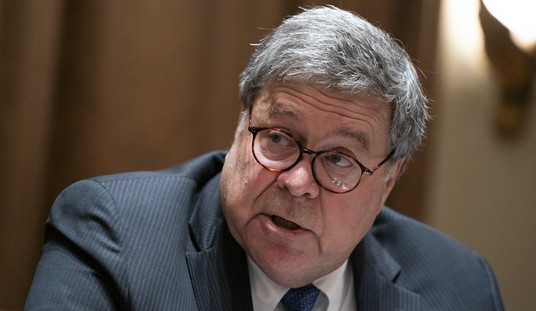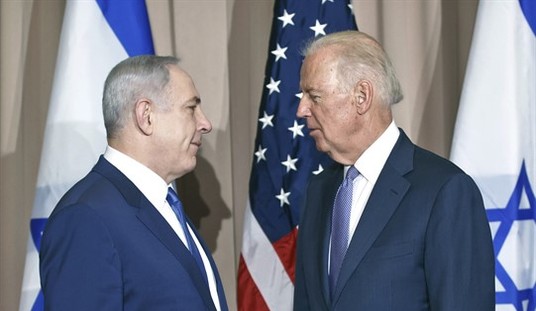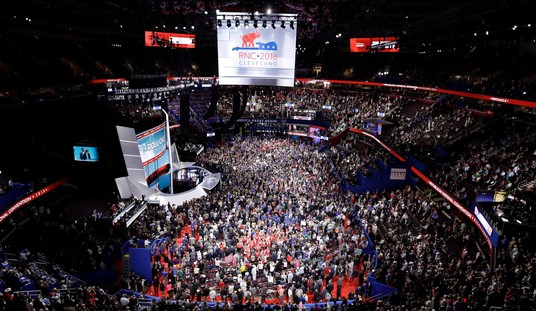The recent revolt of the Wagner mercenary organization in Russia against Vladimir Putin momentarily pulled back the curtain on the world of international high-level political crime. Wagner itself has deep roots both in state security organizations and criminal syndicates in Russia, which some commentators point out are much the same thing. But to call it a “mercenary organization” would fail to do it justice. According to the New York Times, it is a one-stop shop for all your illegal needs, from computer hacking, money laundering, illegal mining to waging war.
According to the Treasury Department. Evro Polis, a Prigozhin-linked company, that won energy concessions in Syria in return for military support. In Sudan and the Central African Republic, Wagner has muscled in on mining operations to help bankroll its operations. To avoid sanctions and conceal its finances, Wagner often demands payment in gold, diamonds and shipments of oil and gas.
The great innovation of Wagner was to establish itself as officially legalized crime; in the words of Kings College professor Andreas Krieg the result is “a self-funding network of companies that uses financial & logistical infrastructure in the #UAE to sustain itself – more or less autonomously from the #Russia’s state.” The most obvious historical parallel to Wagner was the British East India Company. “At its peak, the company was the largest corporation in the world by various measures. The EIC had its own armed forces in the form of the company’s three Presidency armies, totalling about 260,000 soldiers, twice the size of the British army at the time.”
But unlike the East India Company, which in simpler times had to base itself out of British institutions, organizations like Wagner can now support themselves out of a variety of places in the global world. It’s not rooted in a single government. One of the first world leaders to speak to Vladimir Putin about the mutiny in Russia was United Arab Emirates President Sheikh Mohammed bin Zayed al-Nahayan. “June 26 (Reuters) – Leaders of Russia and the United Arab Emirates held a phone call, the Kremlin and UAE’s state news agency said on Monday. According to the Kremlin, United Arab Emirates President Sheikh Mohammed bin Zayed al-Nahayan was interested in hearing an assessment of the situation in Russia in connection with the Wagner group mutiny on June 24.”
The international black economy needs services only companies like Wagner can supply — that politically correct Western companies couldn’t touch with a ten-foot pole. Green energy needs minerals found in abundance in Africa, but that companies can’t bring themselves to extract. “Amidst the rising social and environmental costs of mining in the West, less scrupulous countries like Russia and China are capitalizing on soaring demand. Despite Russia holding the 4th largest global supply of REEs (rare earth elements), with an estimated 12 million tones, they – along with China – have decided to use political leverage to secure mining deals throughout Africa, where labor is cheap, and regulations are virtually nonexistent. While China has entered the region through billions of dollars in Belt and Road financing, Russia is making inroads through the strategic deployment of mercenaries.” Deep down in places respectable people don’t talk about at parties, they want Wagner in the extraction pits — they need someone digging up African ore.
Wagner is just one instance of a burgeoning trend of governments acting as successful criminal organizations. In her book Thieves of State, Sarah Chayes argues that in much of the world you should cry: help! It’s the police! “Since the late 1990s, corruption has reached such an extent that some governments resemble glorified criminal gangs, bent solely on their own enrichment.” The most widely used term for this is the “mafia state,” a term attributed to former FSB officer Alexander Litvinenko, who himself died of polonium poisoning in 2006.
It’s a world unto itself. Commonly regarded as ‘mafia states’ are the republics, mobs and territories of the former Yugoslavia, Transnistria, Russia, Syria, Mexico, Venezuela and many more from Central Asia, Latin America and Africe. Some might even include China in that roster. According to the Carnegie Endowment for International Peace there’s a revolving door between the world of high government dignitaries — the Your Excellencies, Highnesses and Your Honors — and criminal warlords.
Across the globe, criminals have penetrated governments to an unprecedented degree. The reverse has also happened: rather than stamping out powerful gangs, some governments have instead taken over their illegal operations. In mafia states, government officials enrich themselves and their families and friends while exploiting the money, muscle, political influence, and global connections of criminal syndicates to cement and expand their own power. Indeed, top positions in some of the world’s most profitable illicit enterprises are no longer filled only by professional criminals; they now include senior government officials, legislators, spy chiefs, heads of police departments, military officers, and, in some extreme cases, even heads of state or their family members. … In a mafia state, high government officials actually become integral players in, if not the leaders of, criminal enterprises, and the defense and promotion of those enterprises’ businesses become official priorities.
It’s far yet near; it exists, like a parallel private dimension next to the public one. The Russian state has solved the problem of moving between them by completely legitimizing crime. For Western figures eager to make a quick buck, the obvious problem is how one walks through the looking glass without being publicly marked. Here the transformation from respectable membership in the elite to low criminal must be managed more discreetly. For high government officials the solution is simple: do the deals in face to face meetings with corrupt counterparts on official visits in a room swept of bugs guarded on the outside with bodyguards. But for lesser figures, an encrypted laptop, secure private email or secret global cell phone will have to do.
But there are dangers. One of the FBI’s most successful law enforcement operations was the result of building, then selling 12,000 of these secret global cell phones to unsuspecting criminals and hoisting them by their own petard. The only way Western figures can enter the financially enticing world of Wagner without risk is by doing what Putin did: corrupting the watchdogs. Owning the investigation. “Juvenal’s question quis custodiet ipsos custodes (who guards the guardians?) remains a central concern of democracy, since the people must always watch over the constitutional behaviour of the leaders and impeach them if they act in contravention of their duties.” That is, if the people know and if the people care. The worst attitude for the West to take toward Wagnerworld is “it can’t happen here”. Maybe it already has.








